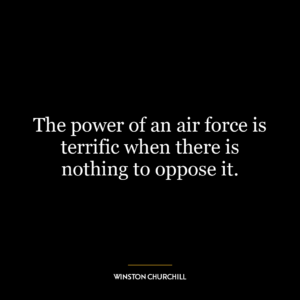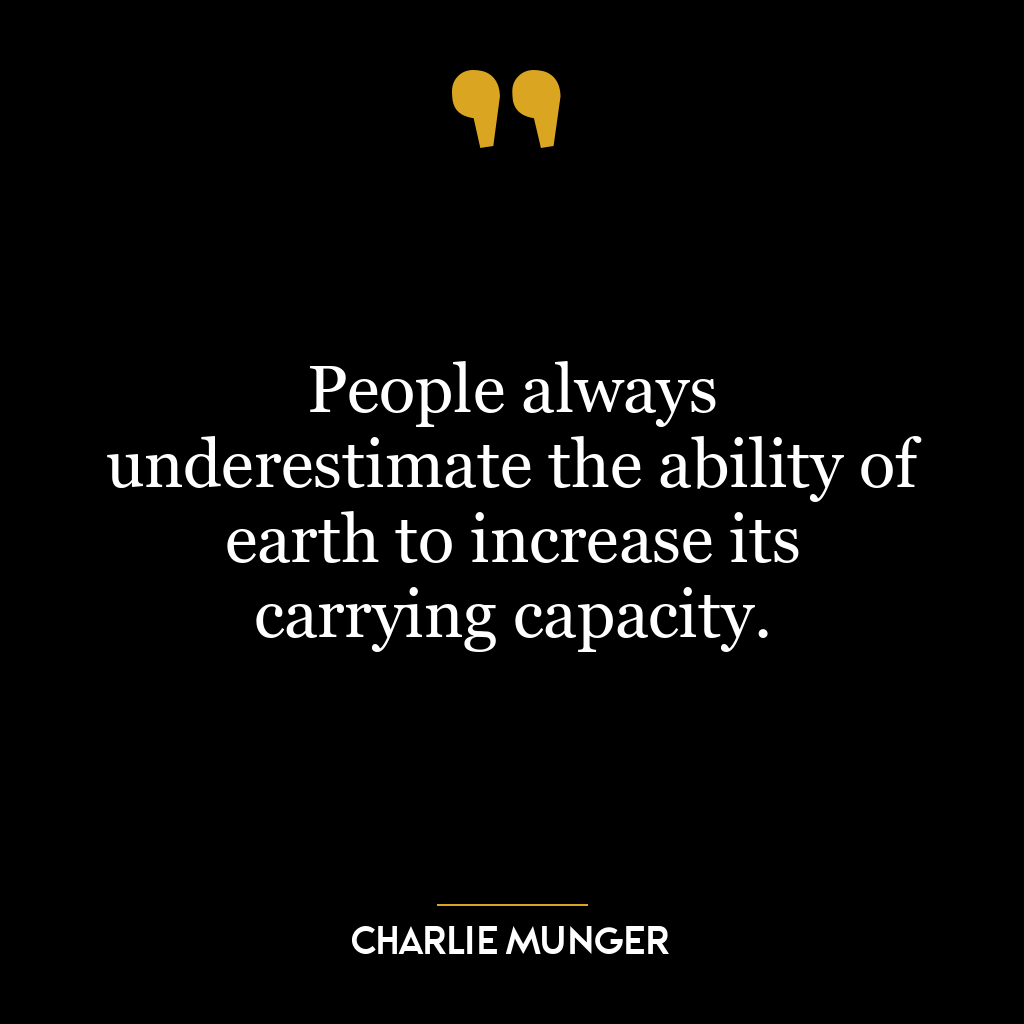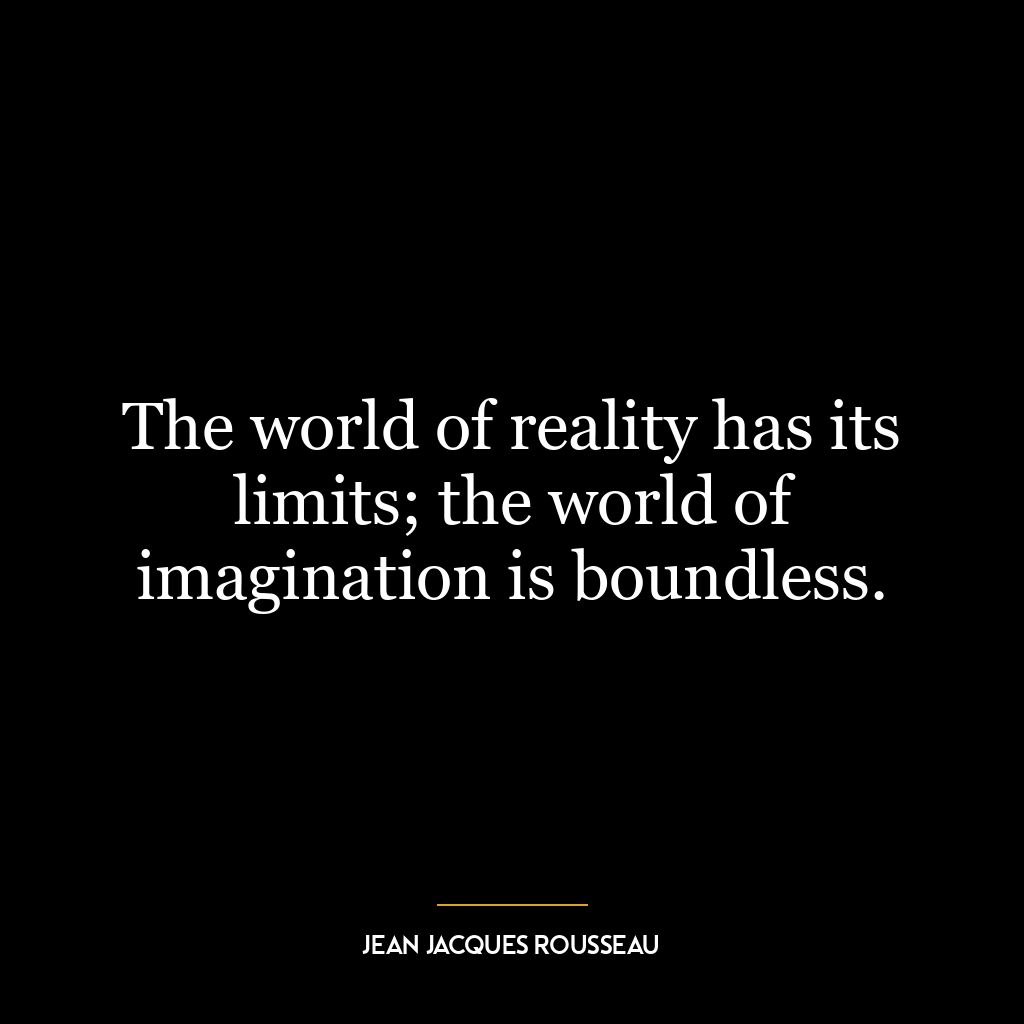Your greatest fears are created by your imagination. Don’t give in to them.
This quote is a powerful reminder of the power our minds hold over our emotions and actions. It suggests that our deepest fears are not necessarily born from real, tangible threats, but rather, they are often products of our own imagination. The human mind has a unique capacity to envision scenarios, outcomes, and possibilities, which can sometimes lead to unnecessary fear and anxiety.
For instance, we may fear failure, rejection, or the unknown, not because we have experienced these things and found them to be unbearable, but because our minds have created scenarios in which these things are catastrophic. We imagine the worst possible outcomes, and these imagined outcomes become our fears.
However, the second part of the quote is an admonition not to surrender to these self-created fears. Just as we have the power to create our fears, we also have the power to overcome them. By recognizing that our fears are often self-created, we can begin to challenge them, question their validity, and ultimately, reduce their influence over our lives.
In today’s world, this concept is highly relevant. We live in a time of great uncertainty and change, and it can be easy to let our imaginations run wild with fears about what the future may hold. But by recognizing that these fears are often more a product of our imagination than reality, we can keep them in check and avoid being paralyzed by them.
In terms of personal development, this quote encourages us to take control of our fears rather than allowing them to control us. It suggests that by confronting our fears, questioning them, and understanding their origins, we can diminish their power and move forward with greater confidence and courage. This can lead to personal growth, as we learn to navigate and overcome the obstacles that our minds place in our paths.















